|
Finally: A study that says: "Eat More". That's my mantra!
0 Comments
Typically the tips you get from TV news aren't great. However, I agree with every tip in this segment. She mentions that Americans spend between $1 - $2-billion on weight loss each year. However, it's actually a mind-boggling $60-billion! And, with an estimated 95% failure rate, it's like throwing money out the window. Let's make this simple:
There are thousands of diet concepts on the market. I call them "diet camps". This is not a camp that you attend. It's a belief system. Typically, people in these diet camps do not budge from their respective camp. In fact, they will present all types of research that demonstrates "how right they are". They will also tell you what's wrong with all the other diet camps. The spectrum runs form vegan (if it has a mother or a face, do not eat it) to paleo (meat eaters - fat ain't the villian). Interestingly, all of these diets work. That's the good news. However, all of them are partially correct. To a large degree, it's what they omit from their diet that plays a major role in their health. They all omit or minimize these types of foods: fast food, junk food, processed food, sugar, soda, candy, cookies, cake, and more. And, they add a good dose of exercise. In regard to exercise, find one or more that you enjoy. For example, I enjoy running, biking, hiking, kayaking, and weight training. Bottom line: For good health, you must exercise. In addition to the "diet camps", experts have advice about what to eat. They discuss nutrients, macro-nutrients, micro-nutrients, leptin, ghrelin, insulin, and much more. While that's important, it could not get much simpler than this: 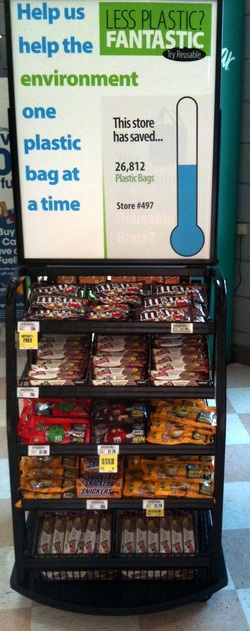 That's my "take-away" from this display. The direct message is: use less plastic. However, the sign is part of a display loaded with candy (junk food). So, don't pollute the Earth, but your body: Go for it! That's the headline/question of this New York Times article. In a word, yes. A little sugar is not going to harm anyone. However, the quantity that most people consume (on average, 150 pounds per year) is much more than our bodies can handle. It's not just in cookies, candies, soda, and ice cream. Sugar is showing up in many unexpected places. For example, hamburger buns. Of course, it's in ketchup and salad dressing. Each contains about 25% sugar. If you would like to see how much sugar you consume by drinking one soda per day, take a peek. So, yes, sugar in large quantities is most definitely a toxic substance. If you drink one 12-ounce can of soda a day, in one year, this is the amount of sugar you will consume. Now think about it: What if . . . you drink two, three, four or more a day? .
Would you like a glass of water to wash all that sugar down? When I show this jug in my presentations, many people take this quote to heart: Good habits are as addictive as bad habits, and a lot more rewarding. - Harvey MacKay By the way, if you would like to see a "health" drink that has a lot more calories than the Coke/Pepsi example, check this out. |
Welcome to my blog about diet, health, and lifestyle issues. You'll find snippets and tidbits to assist with living a healthier lifestyle. Enjoy. - Ken Leebow
I'm a professional speaker. If your organization would like someone to speak on the subject of diet, health, and lifestyle issues, please contact me.
Categories
All
Archives
December 2020
|
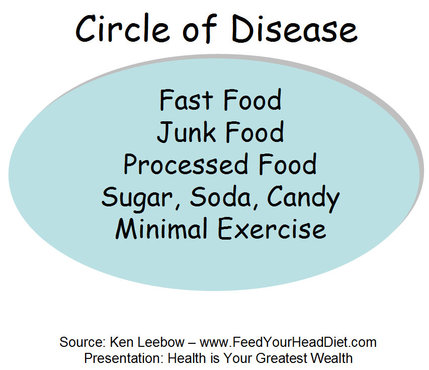
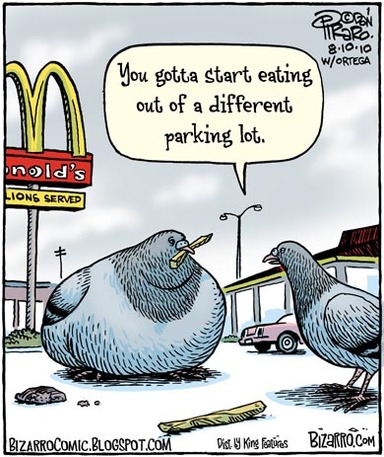
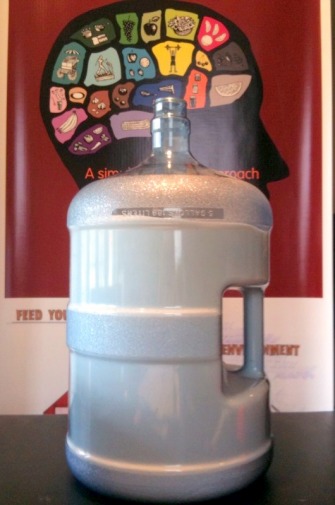
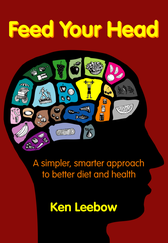
 RSS Feed
RSS Feed